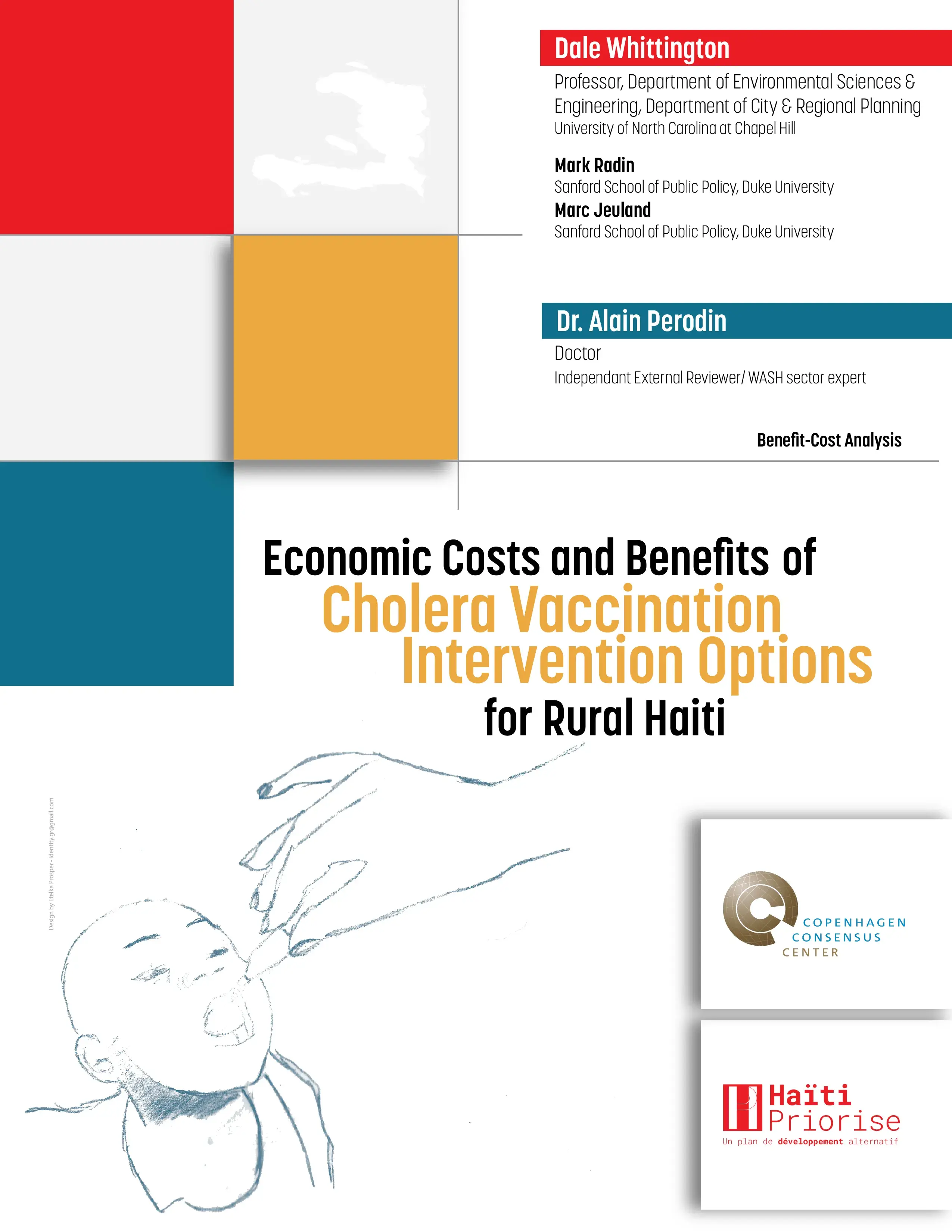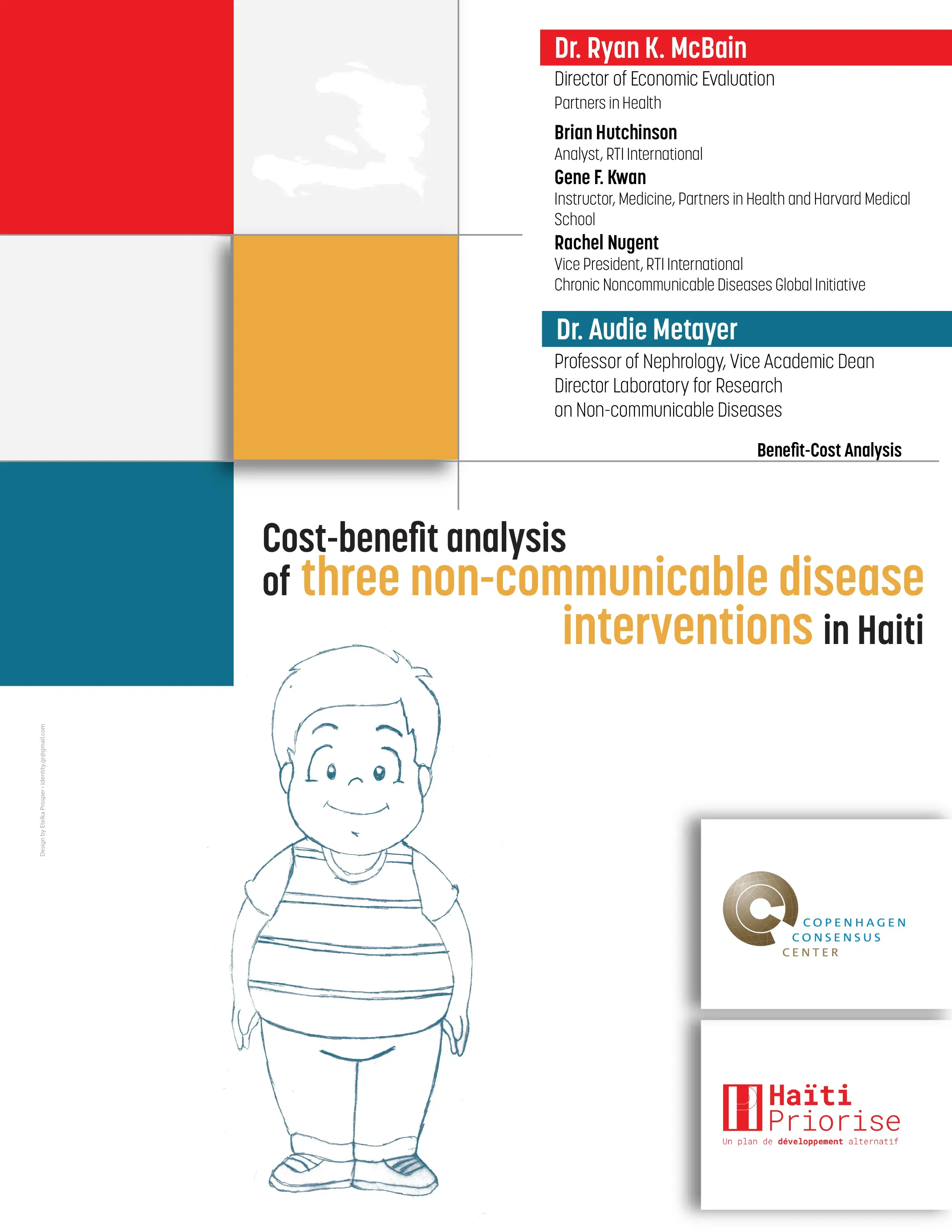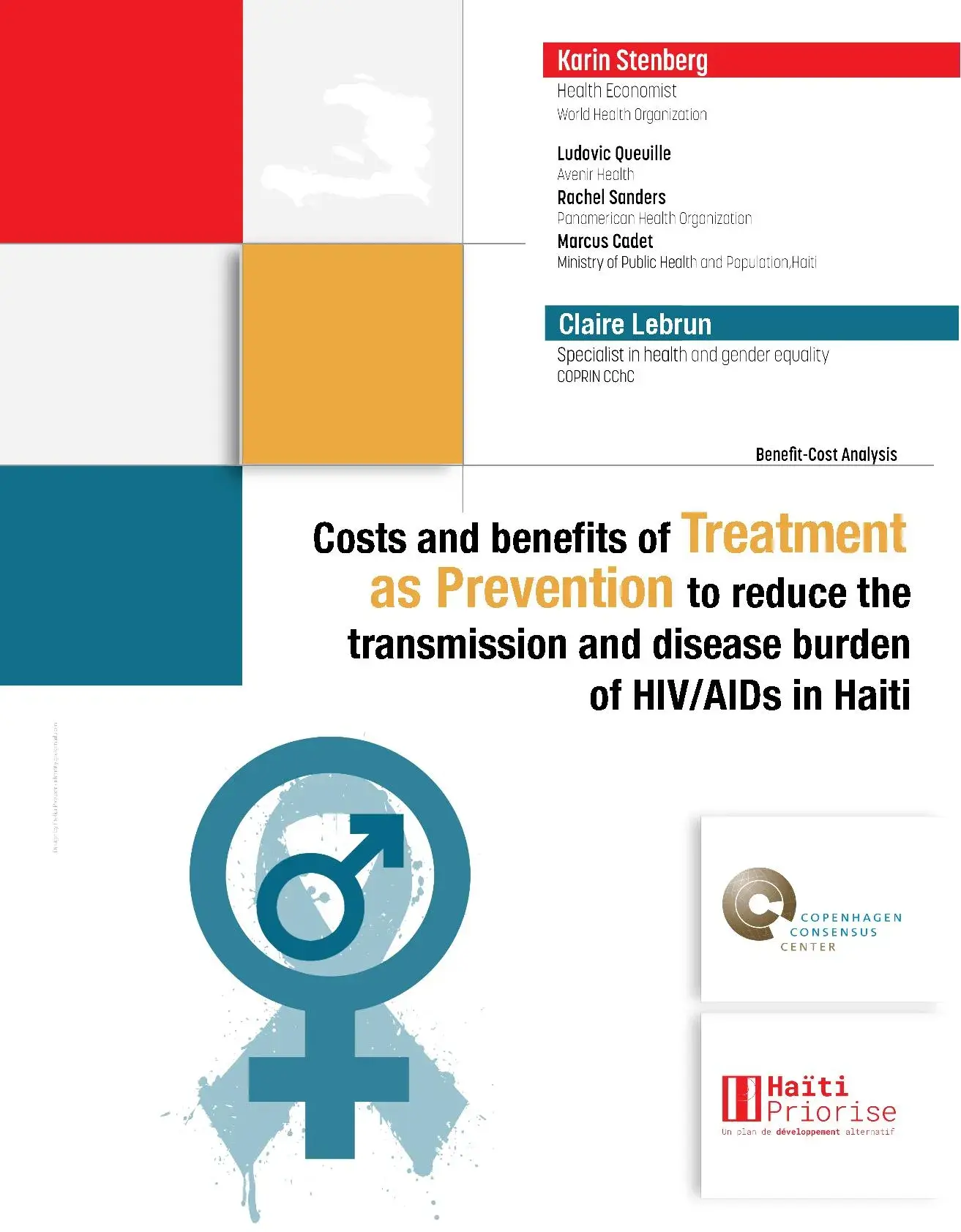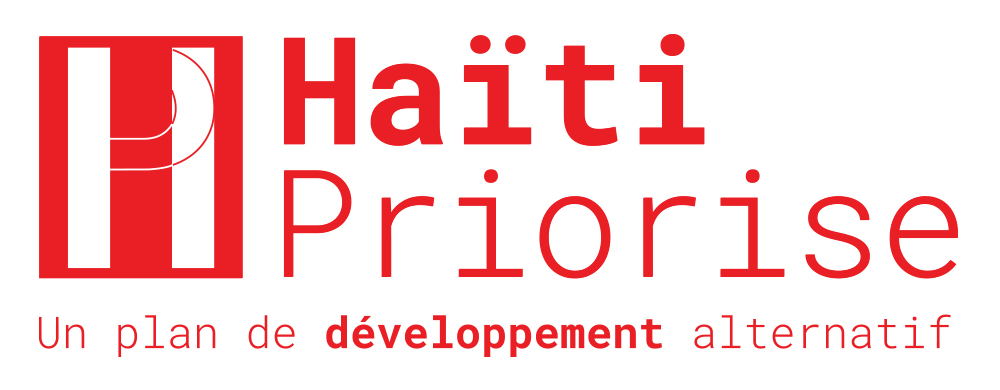Health: NCDs and Communicable Disease
There are health challenges relating both to non-communicable diseases and communicable diseases.
Non-communicable diseases, often called chronic diseases, are the leading cause of deaths worldwide. Two NCDs that affect Haiti are diabetes – which disproportionately affects low-income communities – and heart disease. Haiti has very high rates of hypertension and heart disease.
Communicable diseases in Haiti include cholera. Cholera entered the country in October 2010 when contaminated sewage from a United Nations peacekeepers’ camp leaked into one of the largest water sources, affecting thousands of people.
Haiti has the highest prevalence of HIV infection in Latin America and the Caribbean. It faces the worst AIDS epidemic outside Africa and bears the greatest burden of HIV in the Western Hemisphere. The epidemic began in the late 1970s and has spread widely throughout the country.
Economic Costs and Benefits of Cholera Vaccination Intervention Options for Rural Haiti
In the short time since it was introduced in 2010, hundreds of thousands of people have been infected with Cholera, and nearly 10,000 have died. Along with co-authors, Professor Dale Whittington of the University of North Carolina at Chapel Hill and the Manchester Business School has examined vaccination options: should Haiti focus on a school-based or a mass campaign, and should people get one dose or two doses?

Cost-benefit analysis of three non-communicable disease interventions in Haiti
While communicable diseases get a lot of attention, non-communicable disease account for half of all deaths in Haiti. Dr. Ryan McBain, Director of Economic Evaluation at Partners In Health, along with co-authors, looks at three proposals to reduce this death-toll.

Costs and benefits of Treatment as Prevention to reduce the transmission and disease burden of HIV/AIDS in Haiti
Expanding HIV testing and treatment: the analysis for treatment interventions considers the current global policy which is treatment as prevention, or TasP (no CD4 criterion for ART eligibility).


